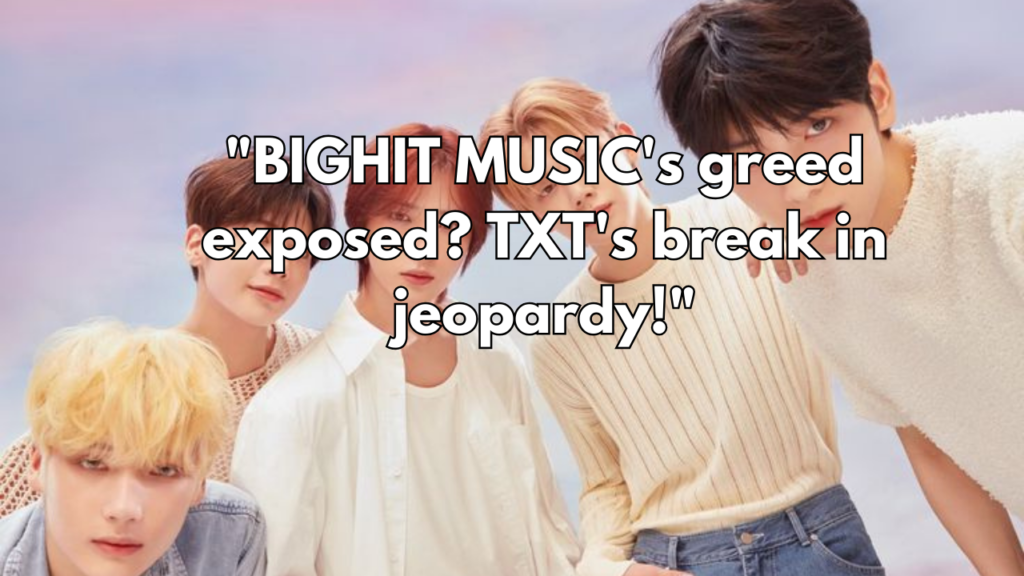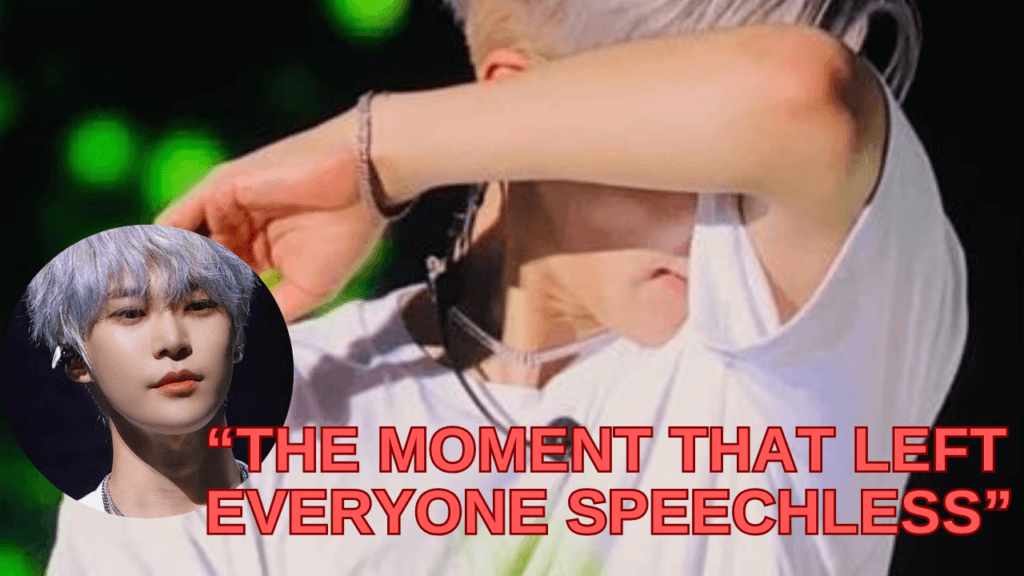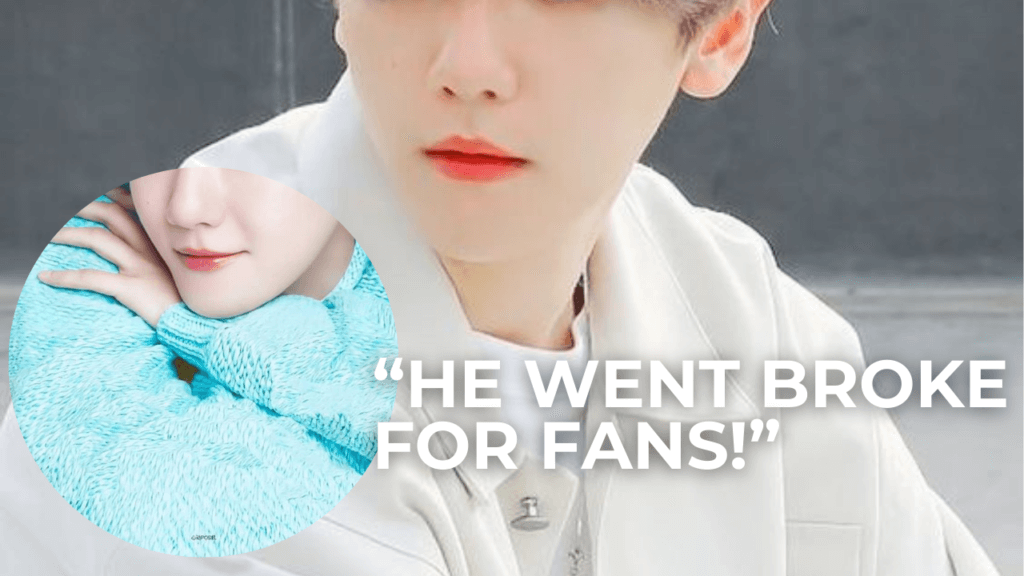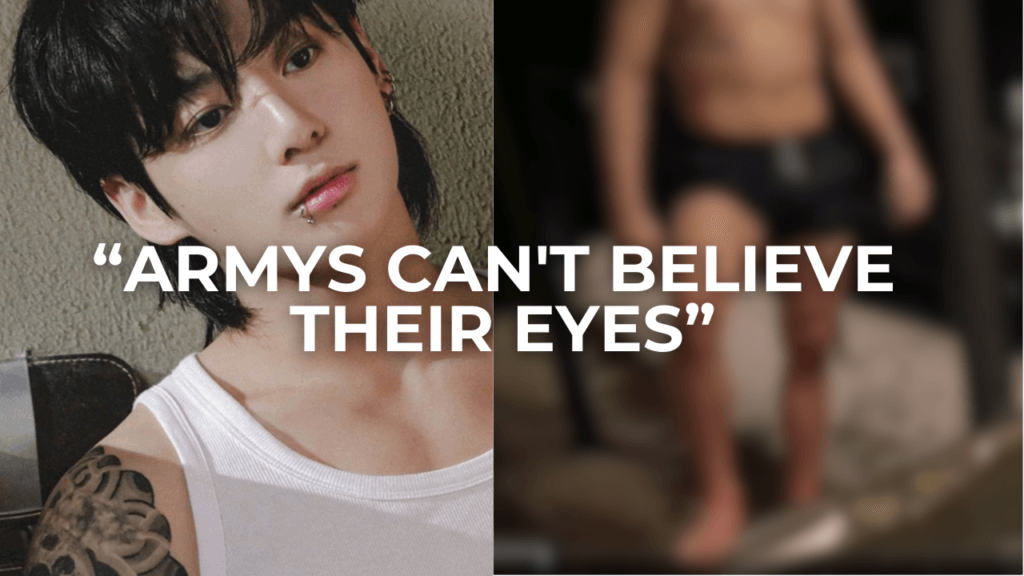The aespa bodyguard Tokyo controversy has sparked heated discussions among fans worldwide. During the girl group’s recent Japan visit, a concerning incident caught attention on social media platforms. The situation involved Winter being left vulnerable while the bodyguard maintained an unusual position in the group formation. This incident occurred during what should have been a routine shopping excursion in Tokyo’s bustling streets.
Professional Security Standards in K-pop
Security experts typically emphasize maintaining protective formations around clients, especially in the K-pop industry. The aespa bodyguard Tokyo incident showed a clear departure from these established standards. Instead of following behind the entire group, the bodyguard positioned himself between members, leaving Winter exposed. Professional security protocols typically require bodyguards to maintain a strategic position that allows them to monitor all group members simultaneously.
Industry veterans note that even during casual outings, maintaining proper security formations is crucial. This becomes particularly important in foreign countries where artists might face unexpected situations. The incident has prompted discussions about the importance of consistent security training and protocol adherence.
Fan Community Response and Debate
The incident triggered mixed reactions from aespa’s dedicated fanbase. Many expressed serious concern about Winter’s safety during the Tokyo outing, pointing out the potential risks of leaving an idol unprotected. Some fans shared their own experiences of witnessing similar security lapses with other K-pop groups. Others defended the bodyguard, suggesting the casual setting didn’t warrant strict security protocols.
Social media platforms buzzed with discussions about the incident, with fans sharing video clips and analyzing the security formation. Several security professionals weighed in on the debate, offering insights into proper protection protocols for celebrities.
Safety Protocols in Question
Professional security measures remain crucial for K-pop idols, even during casual outings. The aespa bodyguard Tokyo controversy highlights the importance of consistent protection in all situations. Industry standards typically require bodyguards to maintain awareness of all members’ positions and potential threats in the surrounding environment.
Entertainment companies often invest significantly in security training and protocols. These measures are designed to protect artists not only during major events but also during seemingly low-risk activities. The incident has prompted discussions about reviewing and strengthening security training programs.
Impact on Industry Standards
This controversy has sparked broader conversations about idol safety in the K-pop industry. Security experts emphasize the need for standardized training and consistent protocol implementation. Many point out that casual settings can sometimes pose unexpected risks, making proper security measures essential at all times.
Entertainment companies are now reviewing their security protocols, particularly for overseas activities. This incident serves as a reminder that protection should remain consistent regardless of the setting or location.
Final Thoughts: Prioritizing Artist Safety
The aespa bodyguard Tokyo controversy raises important questions about idol security protocols and their implementation. It highlights the delicate balance between maintaining proper security measures and allowing artists some freedom during casual outings. The incident has become a catalyst for important discussions about artist safety in the K-pop industry.
What are your thoughts on the balance between casual outings and proper security measures? How can entertainment companies better ensure their artists’ safety while still allowing them to enjoy their time abroad? Share your opinions in the comments below!







